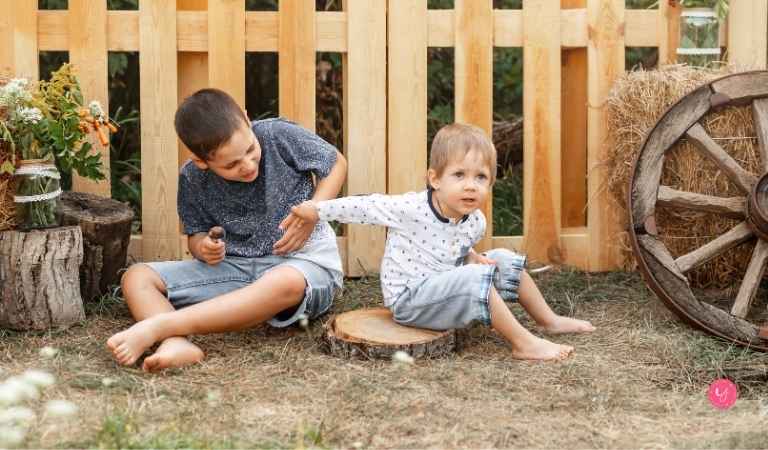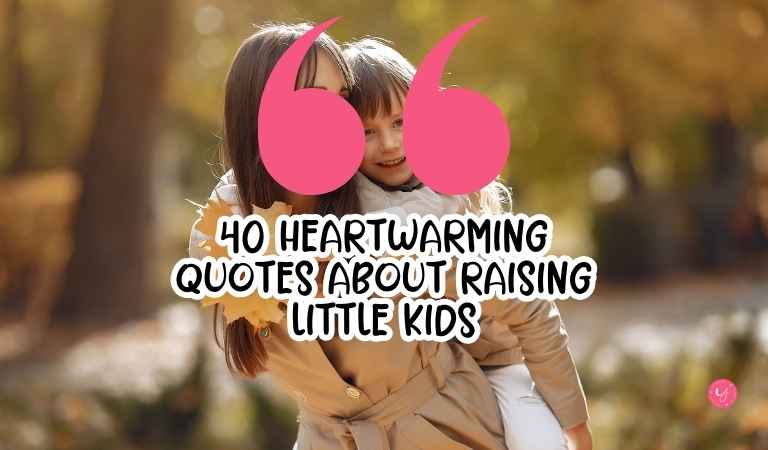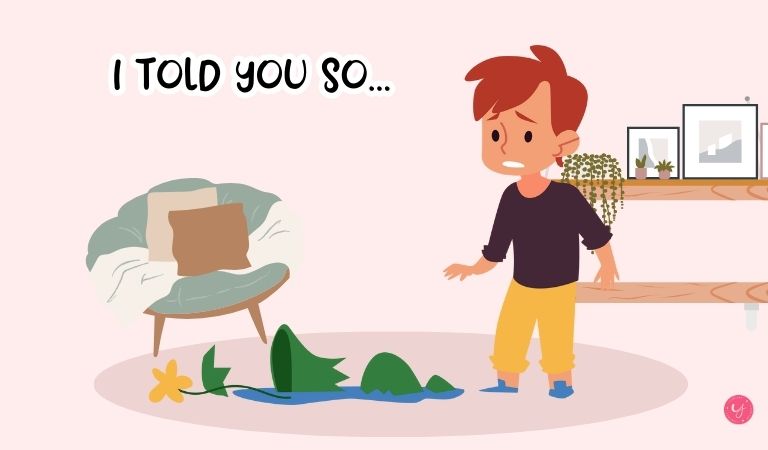How to Stop Your Toddler from Hitting (Without Yelling or Stress)

Inside: Tired of your toddler’s hitting? Discover effective, stress-free strategies to manage this challenging behavior and create a peaceful home environment.
Feeling overwhelmed by your toddler’s hitting?
You’re not alone. It’s a common challenge that many parents face.
As a mom of a toddler and a 6-year-old, I know firsthand how tormenting it can be when your toddler starts hitting, especially their siblings.
The constant worry, the frustration, the fear of what others might think – it can be exhausting. You might feel like you’ve tried everything, only to find yourself yelling or resorting to harsh punishments.
But there’s a better way.
In this guide, we’ll explore effective strategies to address your toddler’s hitting behavior without resorting to yelling or stress. We’ll delve into the underlying reasons behind this behavior and offer practical solutions that promote positive behavior and strengthen your bond with your child.
As a mom of a toddler and a 6-year-old, I know firsthand how challenging it can be when your toddler starts hitting.
It’s a behavior that can be both frustrating and concerning.
Understanding how to stop your toddler from hitting without yelling or stress is key to managing this behavior in a positive way.
Let’s dive into some strategies to help you handle this phase calmly and effectively.
Why Yelling or Stressing Won’t Work?
The most common response to a child hitting others is to yell at them to stop.
But, as we might all know, yelling or stressing in response to hitting can actually make the situation worse.
When we yell, it can scare and confuse our toddlers, making them more upset and less likely to understand why hitting is wrong.
Stressing out can also create a tense environment that might lead to more aggressive behaviors.
Instead, it is important to stay calm. It helps us model the behavior we want to see in our children, teaching them to handle their emotions in a more constructive way.

How to React When a Child Hits You?
So, you are not supposed to yell at your toddler. But, that sudden fear, and anger right after seeing your toddler hit someone makes us want to react negatively. What else can we do during such situations? Here are some things you can do immediately after you see your child hitting.
Stay Calm
Take a deep breath and remain composed.
I know that the ‘deep breath’ word might have triggered a ‘Not again, I have heard it over and over again’ response from you.
But this actually works. It’s just that reacting with anger can make the situation worse.
Set Clear Boundaries
Firmly but gently explain that hitting is not okay. For example, say, “We do not hit. It hurts people.”
Sometimes your kid may not understand it, but saying it repeatedly may help them understand slowly.
Model Positive Behavior
Show them how to express their feelings with words or gentle actions. For example, “If you’re upset, you can say ‘I’m mad’ or take a deep breath.”
For a 1-year-old without much verbal communication, you might just repeatedly ask them ‘Are you mad?’ with an angry reaction and say ‘Come, let’s take a deep breath’ and take a deep breath. Believe me, they understand and mimic it over time.
Reasons for Toddler Hitting
Now, fine with how to immediately react. In order to do something to stop hitting in a long run, we first need to understand why your child is hitting, in the first place.
Toddlers hit for various reasons, and understanding these can help us respond better:
- Frustration: Toddlers often feel overwhelmed by their emotions and lack the words to express them, leading to hitting as an outlet.
- Communication: At this age, verbal skills are still developing. Hitting can be a way for them to communicate needs or feelings when they can’t find the right words.
- Attention-Seeking: Sometimes, toddlers hit to get attention from their parents or caregivers, even if it’s negative attention.
- Testing Boundaries: Toddlers are exploring limits and are learning what behaviors are acceptable. Hitting can be a way to test those boundaries.
- Imitation: They might see others hitting and mimic that behavior, not understanding it’s inappropriate.
- Overstimulation: Too much noise, activity, or sensory input can overwhelm toddlers, causing them to hit as a way to release that tension.
- Fatigue and Hunger: Physical discomforts like being tired or hungry can make toddlers more prone to hitting.
- Seeking Control: Toddlers often hit as a way to assert control over their environment or peers.
How Long Does the Hitting Phase Last in Toddlers?
The hitting phase in toddlers typically lasts between six months to a year. However, it can vary depending on the child and how consistently the behavior is addressed.
Patience and consistent guidance are essential during this time.

8 Ways to Stop Toddlers from Hitting Others
Here are 8 time-tested strategies that can help you stop toddlers from hitting others.
Provide Alternatives
Teach your toddler other ways to express their frustration.
- Use Words: Encourage them to say, “I’m angry” instead of hitting.
- Physical Outlets: Give them a soft toy to squeeze or punch when they feel frustrated.
For example, when my 6-year-old was younger, we used to have a special pillow they could hit whenever they felt upset. It helped them redirect their energy in a safe way.
Praise Efforts and Encourage
Focus on appreciating their efforts when they express their feelings appropriately.
- Verbal Praise: Say things like, “Great job using your words!” or “I’m proud of you for being gentle.”
- Encouragement: Recognize and reinforce their positive behavior. This encourages them to keep trying even when it’s hard.
I found that my kids responded really well to verbal praise and felt more confident in expressing their feelings without hitting.
Create a Calm Environment
Ensure that your home is a calm and safe space.
- Quiet Time: Designate quiet times during the day for relaxation.
- Sensory Activities: Provide activities that soothe them, like playing with playdough or listening to calming music.
Reducing overstimulation at home made a big difference for us, especially during busy days.
Consistency is Key
Consistently enforce rules to help your child understand what behaviors are acceptable.
- Same Rules for Everyone: Make sure all caregivers are on the same page.
- Routine: Keep a consistent routine so your toddler knows what to expect.
We had a family meeting to ensure everyone, including grandparents, followed the same approach.
Empathy and Understanding
Acknowledge their feelings and offer comfort.
- Validate Emotions: Say things like, “I understand you’re upset, but hitting isn’t the answer.”
- Comforting Touch: Offer a hug or sit with them until they calm down.
Simply validating their feelings made my kids feel understood and less likely to act out.

Redirect Their Energy
Engage your toddler in physical activities to channel their energy positively.
- Outdoor Play: Encourage running, jumping, and climbing at the park.
- Structured Activities: Enroll them in a toddler gym class or swim lessons.
Regular physical activities helped reduce pent-up energy that could lead to hitting.
Set a Good Example
Model gentle and kind behavior in your interactions.
- Be a Role Model: Demonstrate how to handle frustration calmly.
- Positive Interactions: Use kind words and actions in front of your toddler.
I noticed that when I remained calm during stressful situations, my kids were more likely to mimic that behavior.
Use Time-Outs Appropriately
If necessary, use time-outs to give your toddler a moment to calm down and reflect on their behavior.
- Calm Down Spot: Designate a specific spot for time-outs where they can sit and calm down.
- Explain Time-Outs: Make sure they understand why they are in time-out and what behavior needs to change.
The Challenge of Gentle Parenting
Let’s be honest—this gentle approach can be tough.
There are days when it feels almost impossible, and people might even mock this method. But remember, gentle parenting is about teaching children to manage their emotions and behavior in a healthy way.
It’s not about quick fixes but fostering long-term emotional development. There will be challenging days, but the positive outcomes make it worthwhile.
Every moment you invest in teaching your child empathy and self-control is a step towards raising a kind and well-adjusted individual.
Conclusion
Learning how to stop your toddler from hitting without yelling or stress is about teaching them to manage their emotions and communicate effectively.
By staying calm, setting clear boundaries, and providing alternatives, you can guide your child through this challenging phase with patience and empathy.
Imagine a future where your toddler can express their feelings calmly and respectfully. By investing time and effort now, you can help them develop these essential life skills. A more peaceful home is within reach.
Take the first step today and start implementing these strategies.




